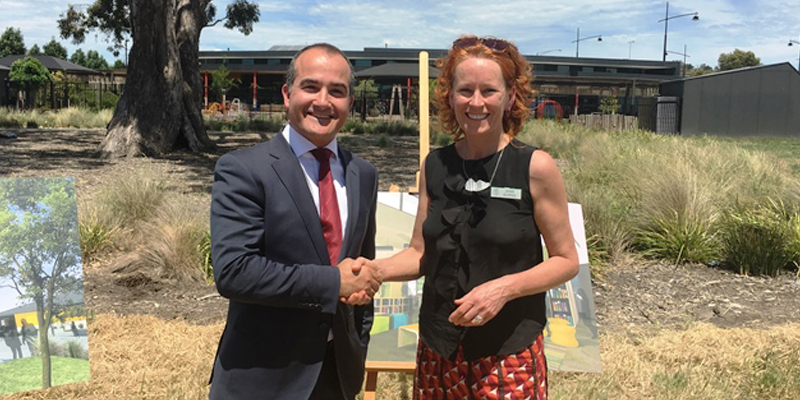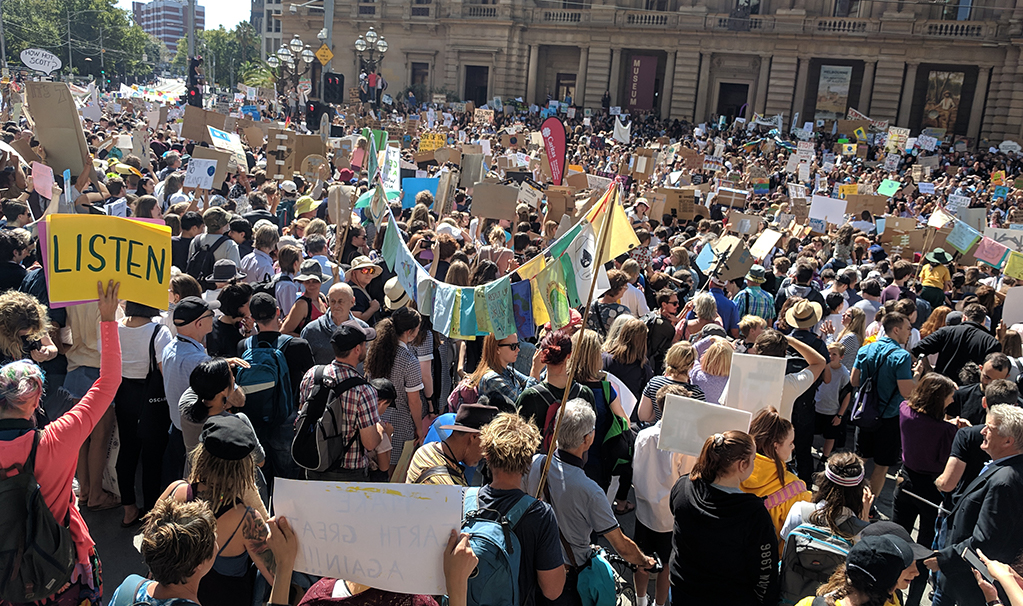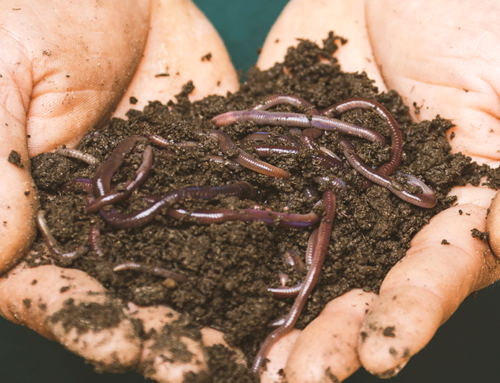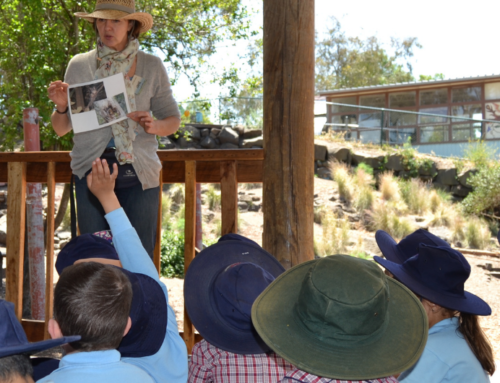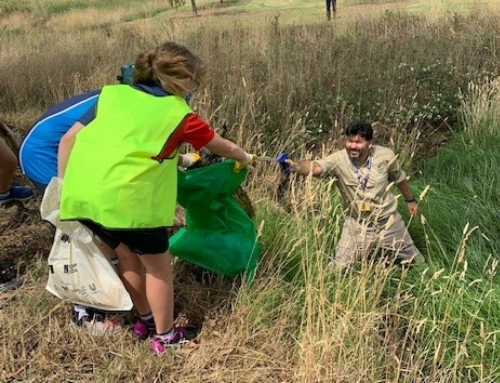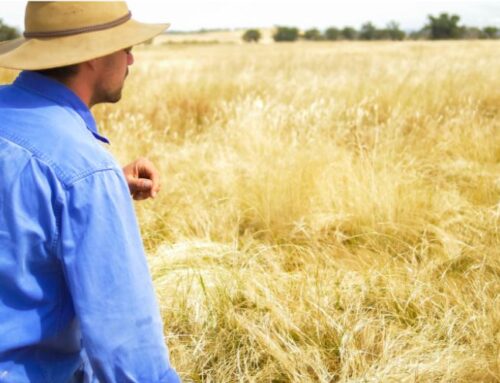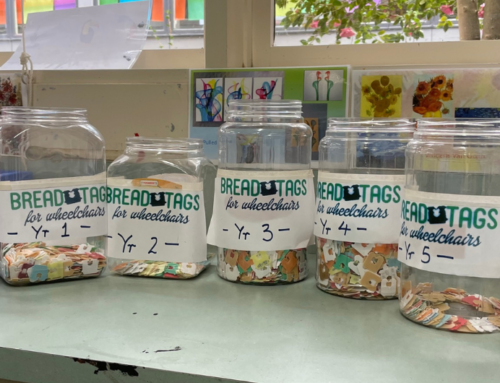Our Say: Planetarian health diet
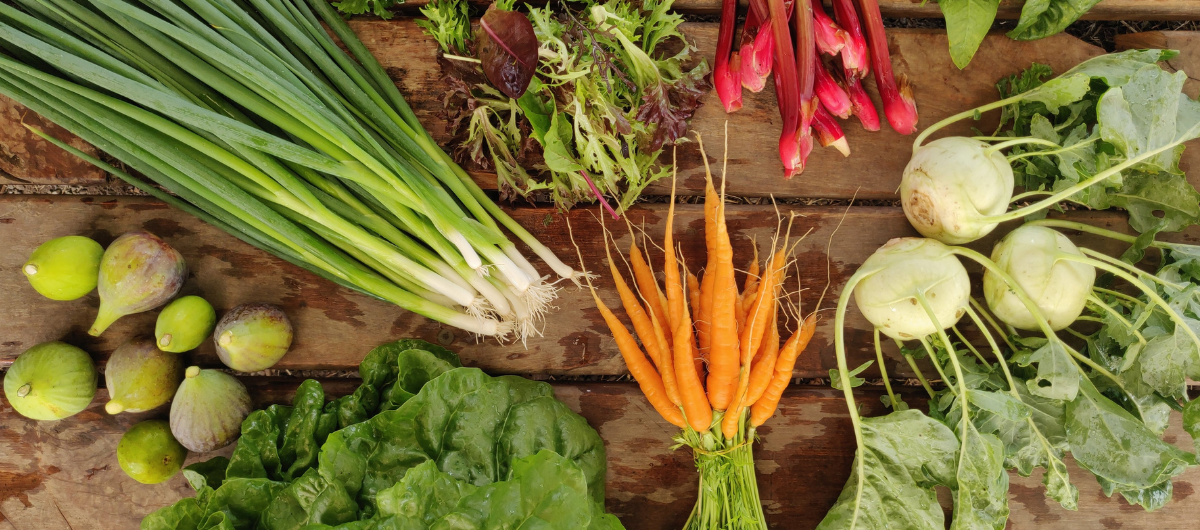
Written by Veida Somerville
Teacher Programs Educator
Food and diet’s role as a cause and solution of climate change is significant, with the global food system responsible for about one-third of global greenhouse gas emissions (fao). This is due to land clearing, deforestation and biodiversity loss, ocean acidification, land and water degradation, packaging, transport, and food waste. Project Drawdown recognised reducing food waste and switching to plant-based diets as some of the top solutions to reduce greenhouse gas emissions:
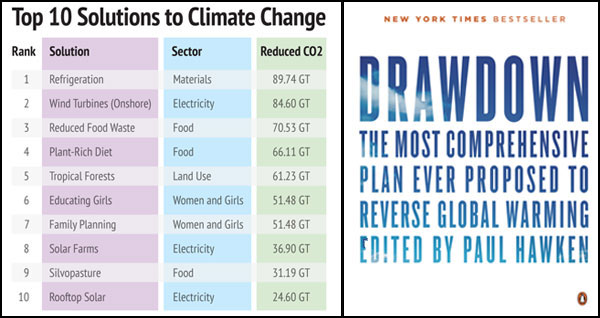
(Image source: lauraseydel.com)
Whilst the evidence that a switch to plant-predominant diets is critical for reducing carbon emissions and environmental degradation, there had been little global consensus on if we still remain healthy as humans when considering our environmental impact of diet. The EAT-Lancet commission brought together 37 scientists, from various disciplines including environmental sustainability, policy, agriculture, and human health, with a goal of finding out, Can we feed a future population of 10 billion people a healthy diet within planetary boundaries?
The 2019 report published in the leading medical journal, The Lancet, found that food can be the single strongest lever to optimise environmental sustainability and human health. This can be achieved through 3 key solutions: a healthy ‘Planetary diet’, optimising food production, and decreasing food waste. The healthy diet in question was coined “A planetary health diet”:
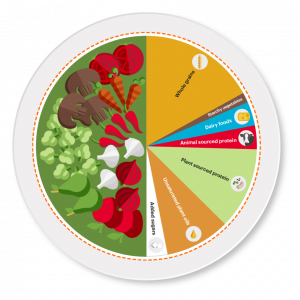
(Image source: eatforum.org)
They measured these solutions against 6 key environmental systems, including GHG emission, cropland use, water use, nitrogen and phosphorus application, and extinction rate. They found that all three solutions together were needed in order to move into the safe boundaries for the 6 systems and that without action, we will not meet Sustainable Development Goals and The United Nations Paris Agreement. However, a dietary shift alone would reduce GHG emissions and improve human health.
This diet is a ‘flexitarian diet’, which is largely plant-based but can optionally include small amounts of fish, meat, and dairy. This diet included a variety of plant foods and limited saturated fats, and refined or highly processed foods and added sugars. Adoption of this diet could prevent 11 million deaths per year, (11-24% of total deaths among adults). The health benefits of a balanced vegetarian or vegan diet include reducing risk of obesity, heart disease, diabetes, high blood pressure, and some cancers (better health channel).
A true win-win situation!
This is what I find most exciting- that on an individual level, switching to a plant-based diet can be one of the cheapest, fastest, and easiest ways to fight climate change and improve health. Whilst individual lifestyle changes are never going to be the whole solution, they are a big portion of the plate and something we can control! Many populations worldwide still face food insecurity and malnutrition. EAT-Lancet report recognized that the dietary shifts need to primarily come from developed countries, like Australia, reducing excessive consumption of animal products. It is a great privilege to be able to pick and choose your diet, a privilege that many do not have. The privilege comes with the potential to help provide everyone with better access to nutritious foods and improve the environment.
Making personal changes, however small, can help bring positive feelings of hope and that you are doing your part, so here are some of my top tips for increasing your plant consumption:
- Start slowly and switch what you can: Taking it one step at a time means your body will have time to adjust and that the changes will be longer-lasting. Start with one meal a day or eliminate foods you won’t miss. You don’t need to change the milk in your coffee straight away (or ever)!
- Get experimenting in the kitchen: Add more or different vegetables to the meals you are already making. Try substituting animal proteins for beans, legumes, tofu…f or example black bean tacos! Or experiment with a new plant-based recipe: Planetary health recipes.
- Try a plant-based cafe or restaurant: If you are lucky enough to live in Melbourne there are endless options for plant-based eating. Explore Happy Cow to find your local options! My all-time favorite is Tofu Shop International in Richmond.
- Learn more: Building your knowledge in the topic helps you make informed decisions. My favorite source of non-bias science is the Plant Proof Podcast
- Listen to your body and do what is best for you: If you have underlying health issues, I encourage seeking the support of a qualified dietitian or doctor.
- Don’t underestimate your power as a consumer: Where you spend your money does have an impact by creating demand for sustainable, healthy, and ethical choices.
Remember, it is not an all or nothing- you see the health benefits and environmental impacts of each and every meal that is plant-based. Calculate the environmental impact of your diet here using the WWF Impact calculator.
Happy veggie eating!
Read the full EATLancet report here: https://eatforum.org/eat-lancet-commission/





